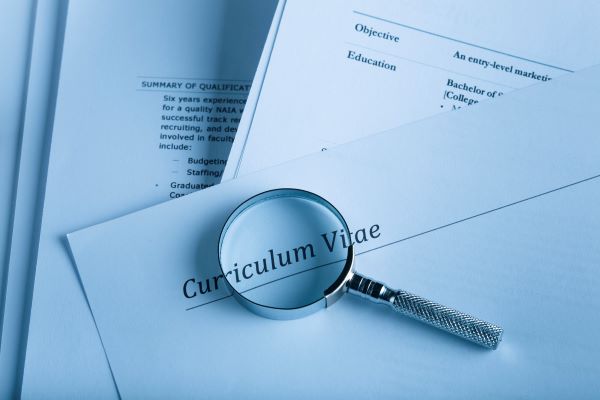
While interviews naturally put the employer in the driver’s seat, it’s important to remember these meetings are also an opportunity for you to get to know them—the role, personalities, culture, and department as a whole. By asking a few strategic questions, you’ll come across as engaged and interested all while gathering the information you need to decide if this is the right professional move.
In addition to asking about the specific institution or department (like questions about their philosophies, teaching styles, or research work), here are a few questions to help you understand if the position is the right fit for you.
1. What does a typical day look like?
This question should give you a sense of what you’ll be doing and clear insight into how the institution or department defines and interprets the role. Some may have more classroom time, lab time, research time, or administrative duties. Others may be more free-form, with staff defining the position and their daily agendas based on personal preferences, priorities, and individual objectives.
Ask and listen—this could potentially be your new routine, and it’s essential to ensure it syncs with your wants, needs, and lifestyle.
2. What are the most important things you’d like to see your new hire accomplish right away? In the first 30, 60, and 90 days?
While you’ll likely wear many hats in any position, asking about short-term goals signals you’re ready to hit the ground running. Often a position is new or has been open for a few weeks—or longer—and, with that, comes at least a few high-priority tasks that need to be checked off the list ASAP. Knowing that going in can help inform your decision and, ultimately, ease your transition.
This question is also a good way to understand if the immediate needs of the position align with the job description. In some cases, this question could lead to a walk-through of responsibilities and requirements that fall outside the bounds of what was shared or discussed. It’s not necessarily a bad thing but, in some cases, these early-on projects define the role in a big way. Getting a good sense of what’s what in the interview will help drive your decision and your success in any new role.
3. How would you describe the team dynamic? Is it more independent or collaborative?
If and when you ask this question, make sure you aren’t inadvertently disparaging or elevating one style over the other. The fact is, some departments are naturally very collaborative—the people and the nature of the work lend themselves to this approach. In other cases, the type of work, the personalities in the department, or the sheer accessibility to one another makes collaboration tricky. So don’t give any clues to your style or preference—here, you want an honest and thoughtful answer that speaks to the real culture of the group you’ll be working with, supporting, or managing.
This question will support question #1 in helping you understand what daily life looks like here. Beyond that, it could help inform your next steps post-interview. Some people thrive on working in teams and ongoing collaboration while other people are more comfortable working alone. There’s no right or wrong, just how you prefer to work and whether or not the culture of a potential employer is in-step.
4. What do YOU like most about working here?
Asking this question will help you come across as personable and interested in your peers’ experiences and viewpoints. This should be the second to last question you ask right before a final “wrap-up question.” Why? By this point, you will likely have built a rapport with the interviewer, and you can ask the question in a friendly, natural tone.
When the hiring manager responds, really lean in and listen. Not only will this show you’re engaged, but it will help you hear clues like keywords and other indicators that this is the right next step for you.
5. Is there anything else I can answer for you or provide you with to help you make your decision?
This is a great wrap-up question because it serves two purposes: first, it shows you’re interested in pursuing the position further and, second, it gives the interviewer an opportunity to provide follow-up points, next steps, and additional asks based on your questions. If they say yes, make sure you’re clear on what’s needed so you can follow up appropriately. If they say no, thank them for their time and let them know you’re available for any follow up needed.
Together, these questions will give you a sense of the institution’s culture, dynamic and overall personality—and will likely give you a better window into a particular role than merely reading the job description and listening to what the interviewer wants to share. Don’t be afraid to ask these or any questions either. Just like they’re interviewing you, this is your chance to interview them—don’t miss it.
Thinking about your next career move? Visit our job board to view our latest job postings or create a free account to save job searches, upload your resume, and get daily job alerts.









